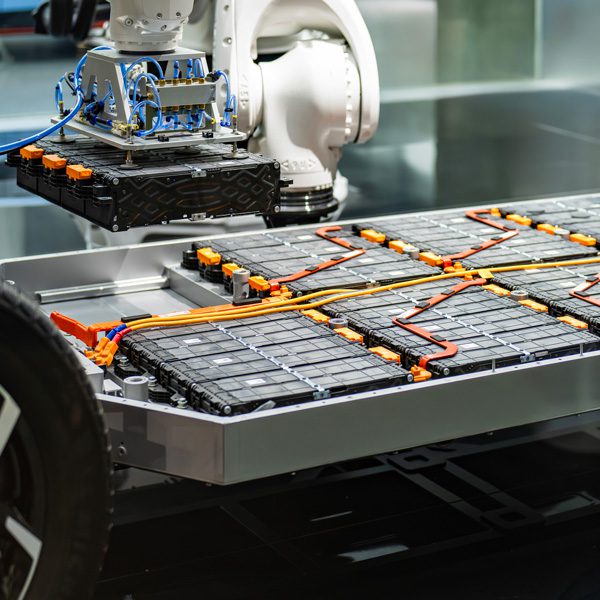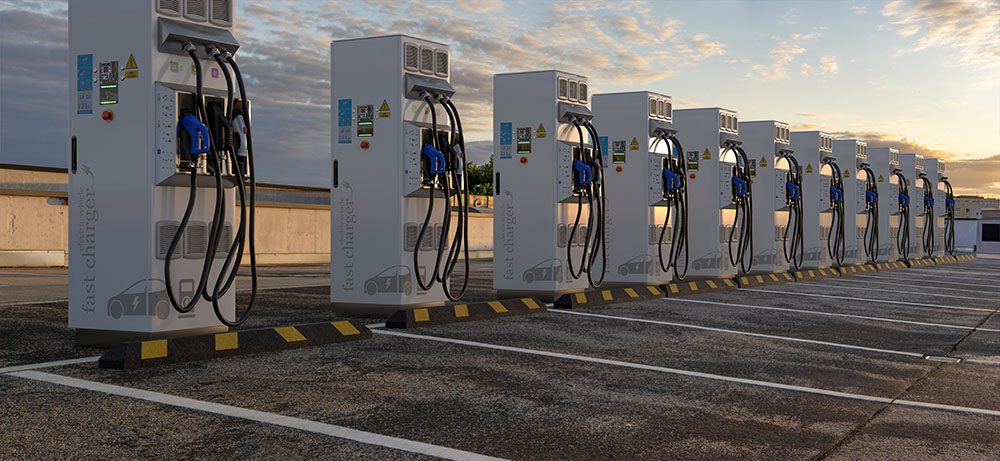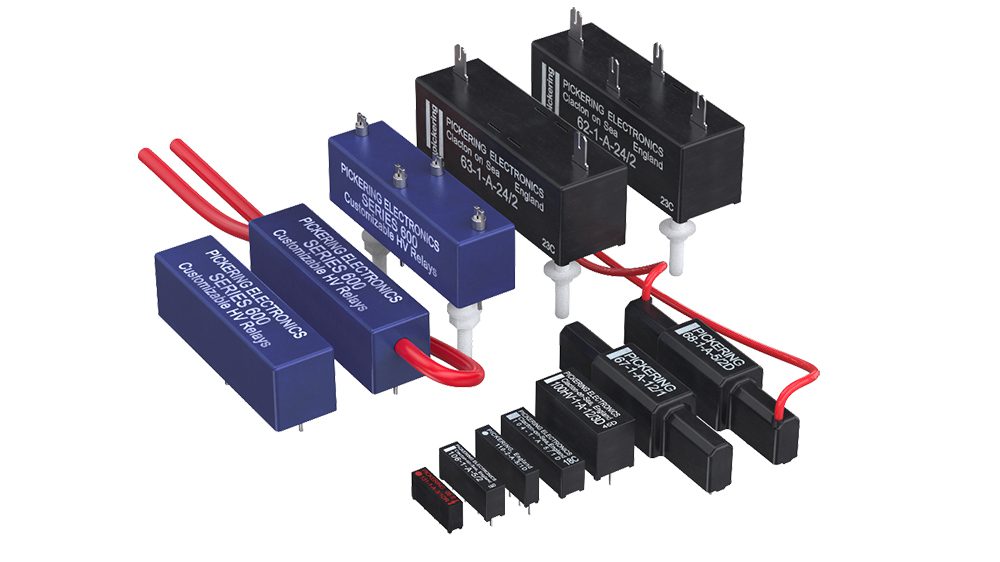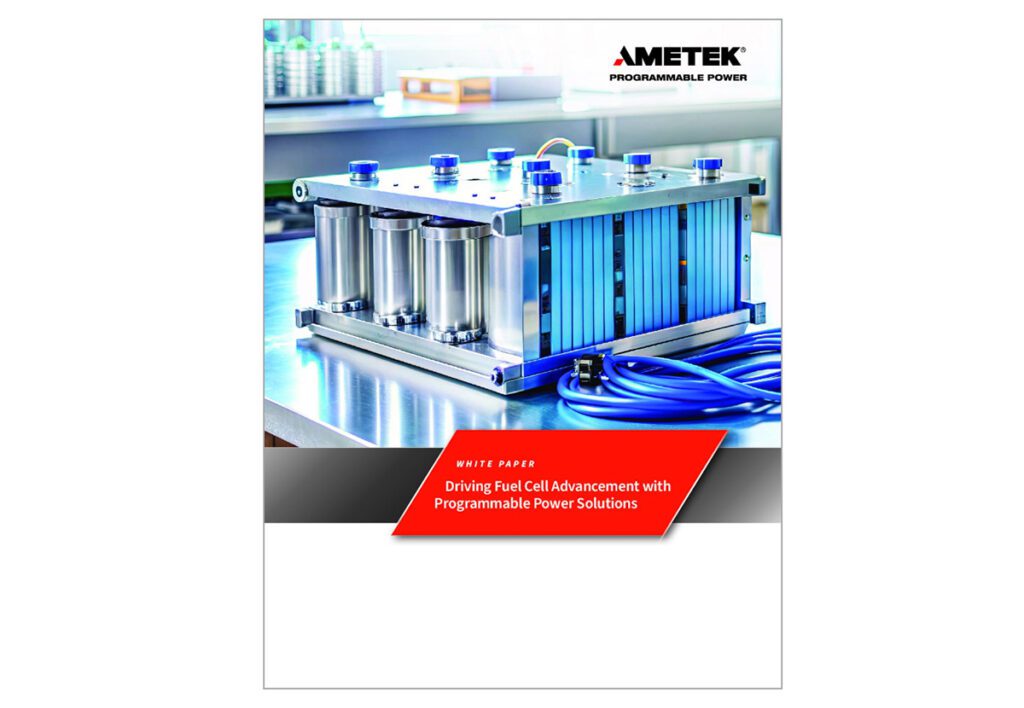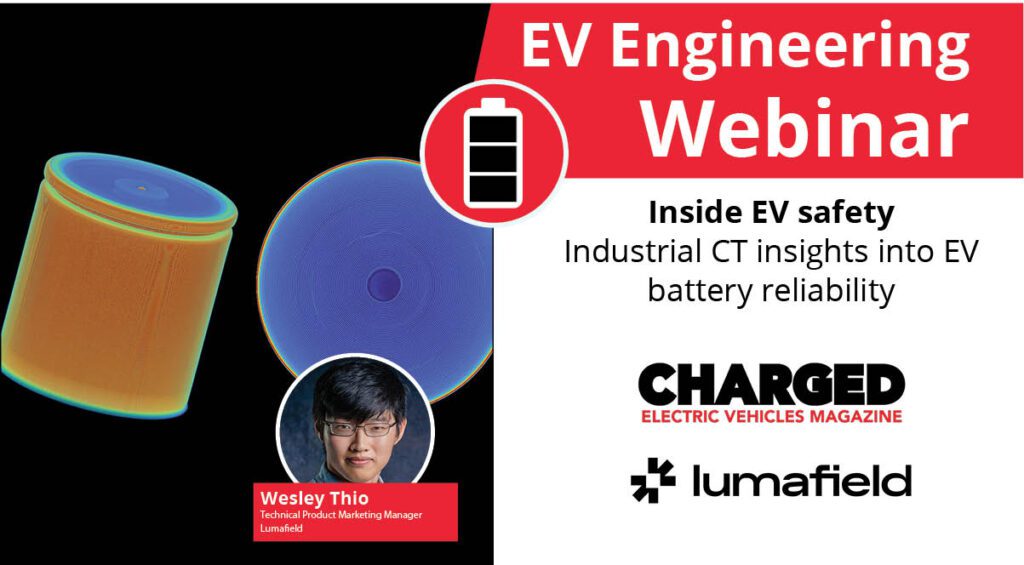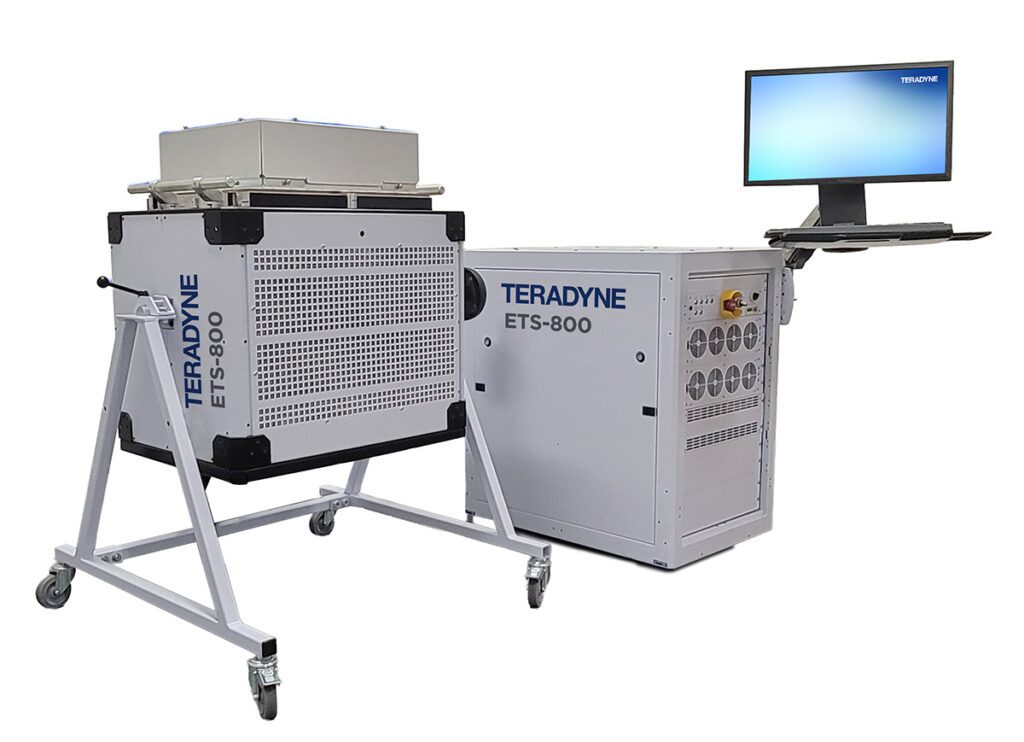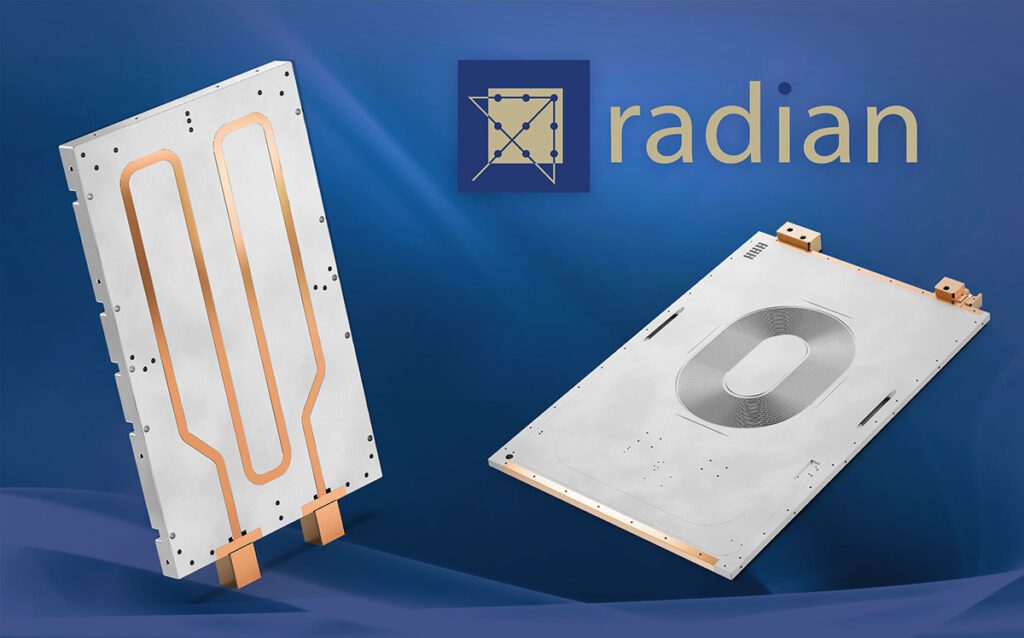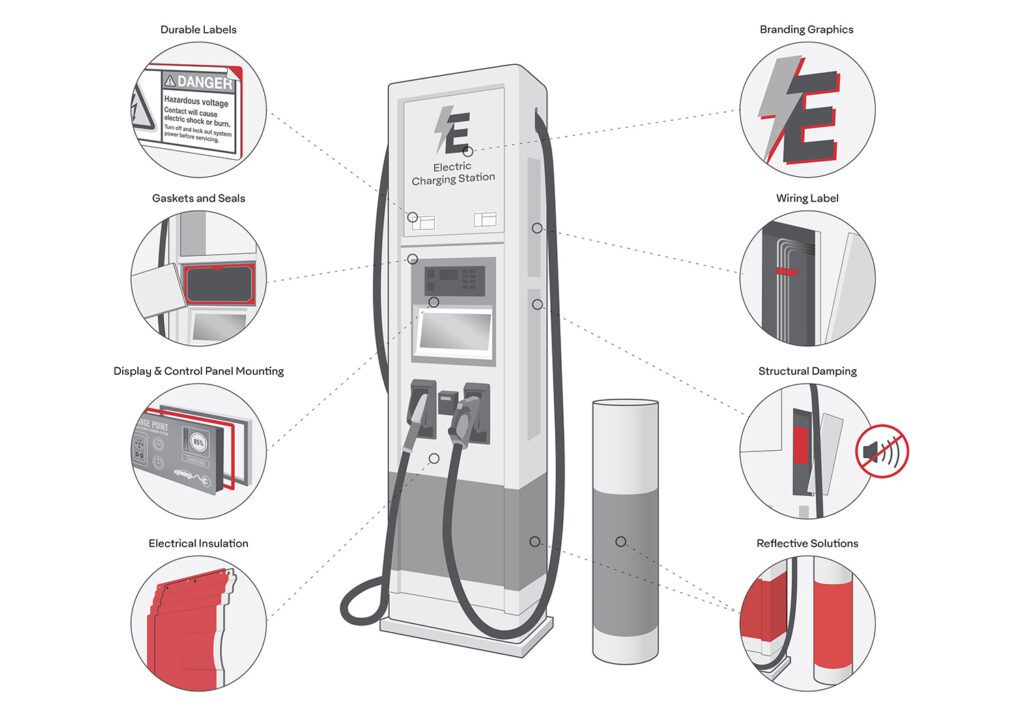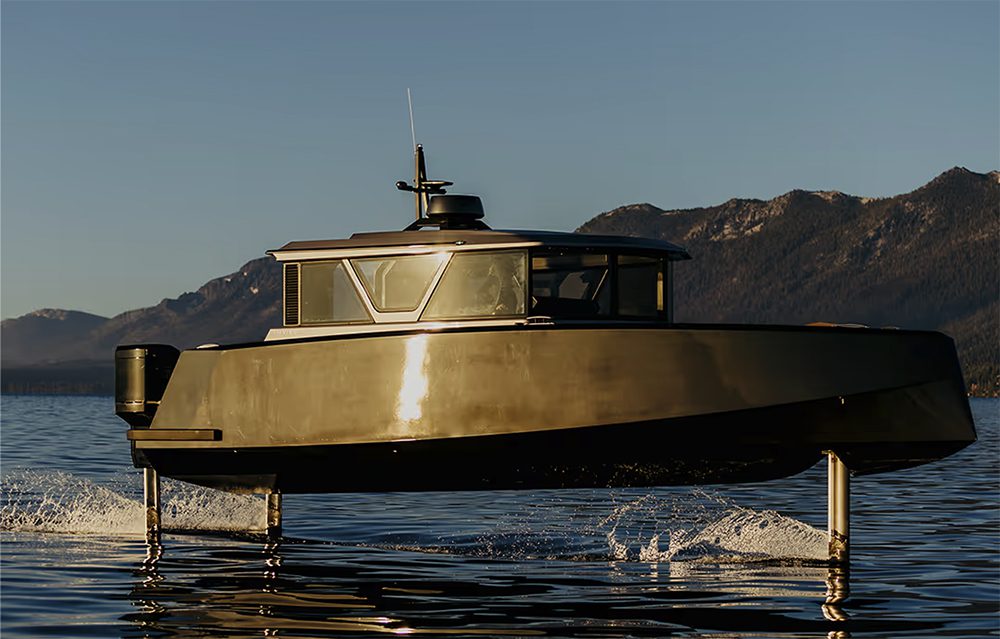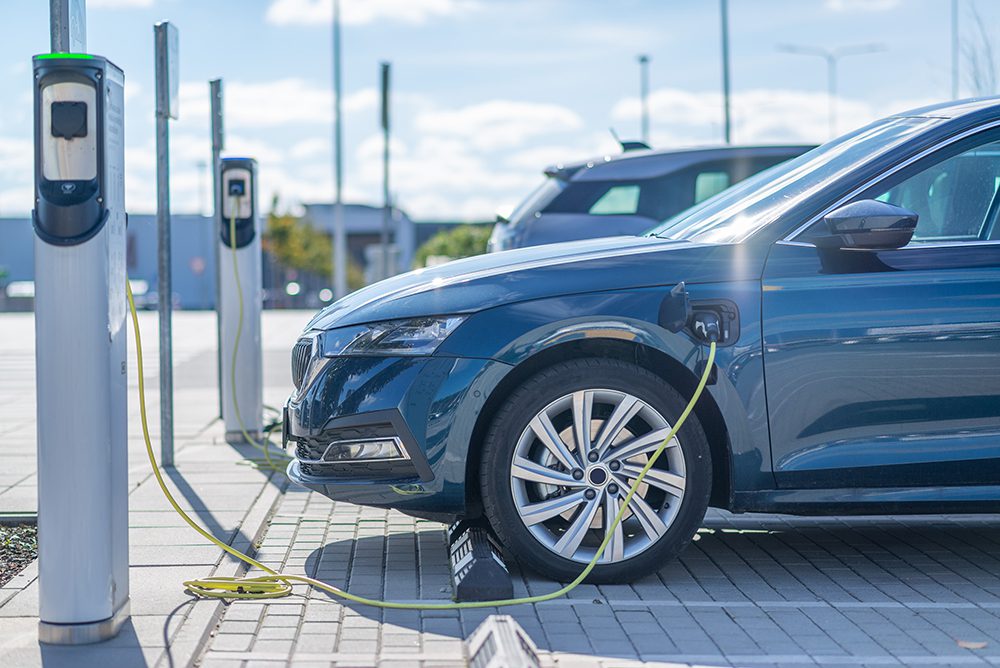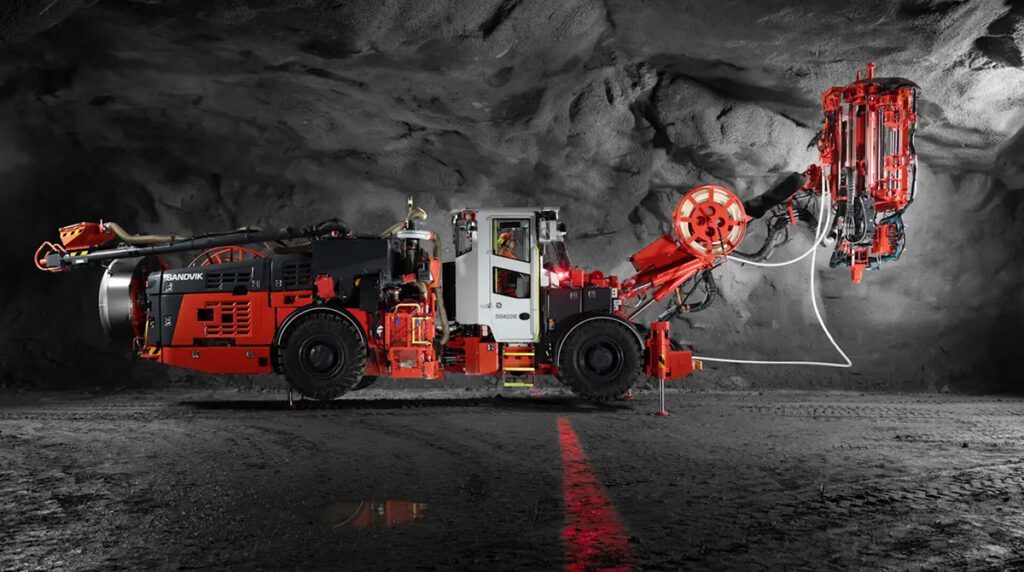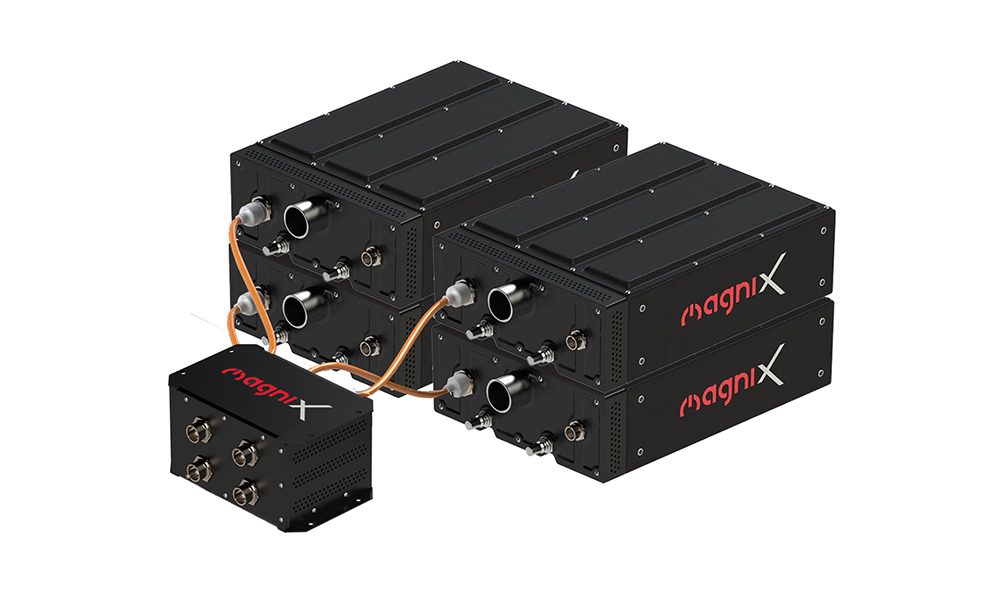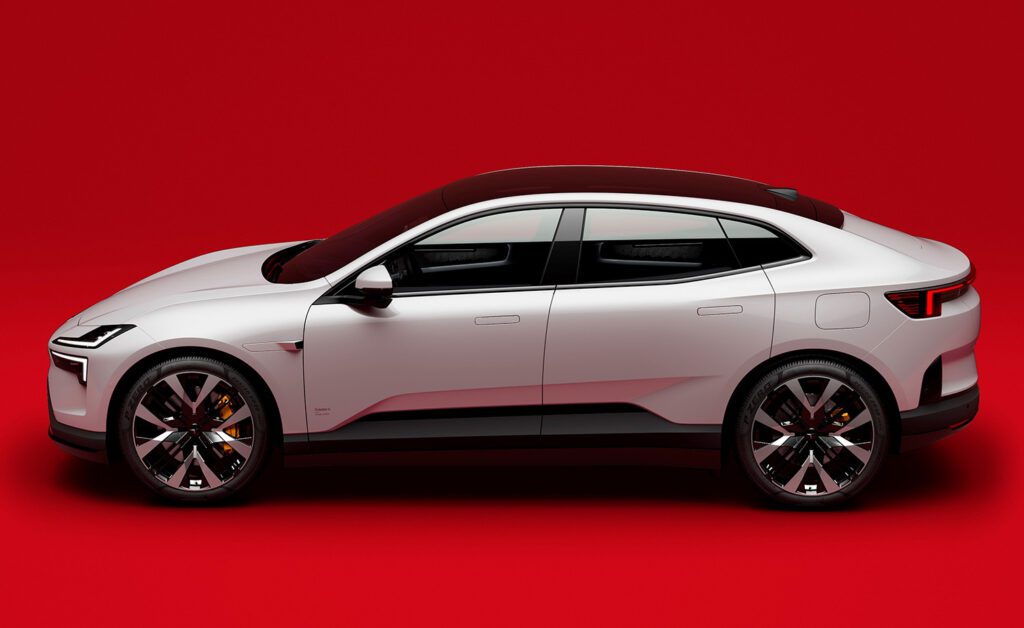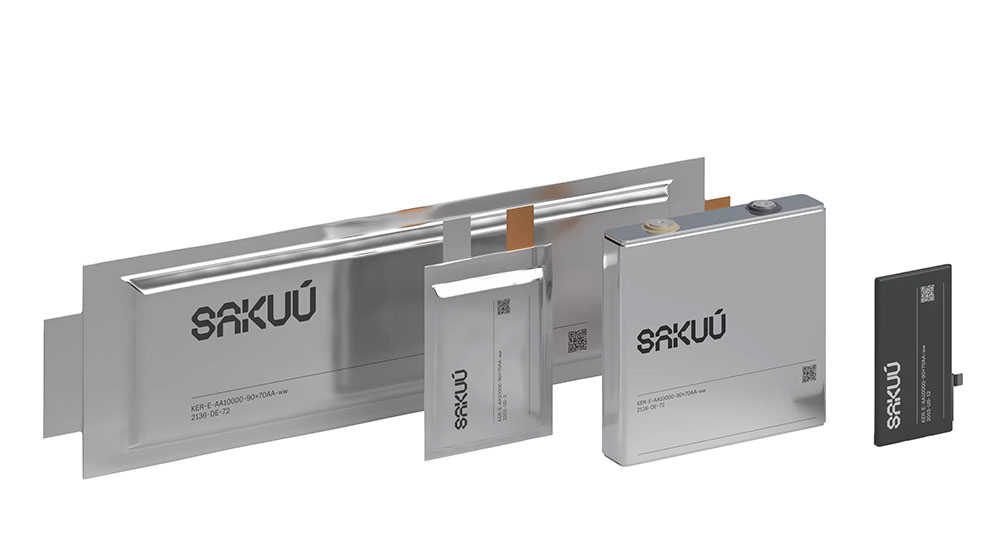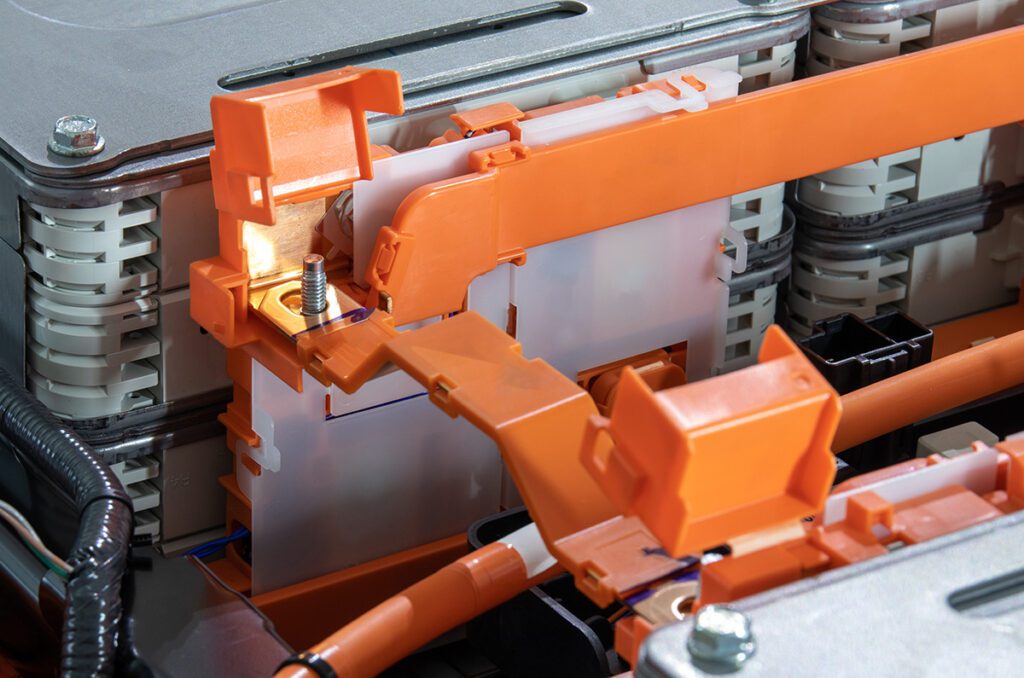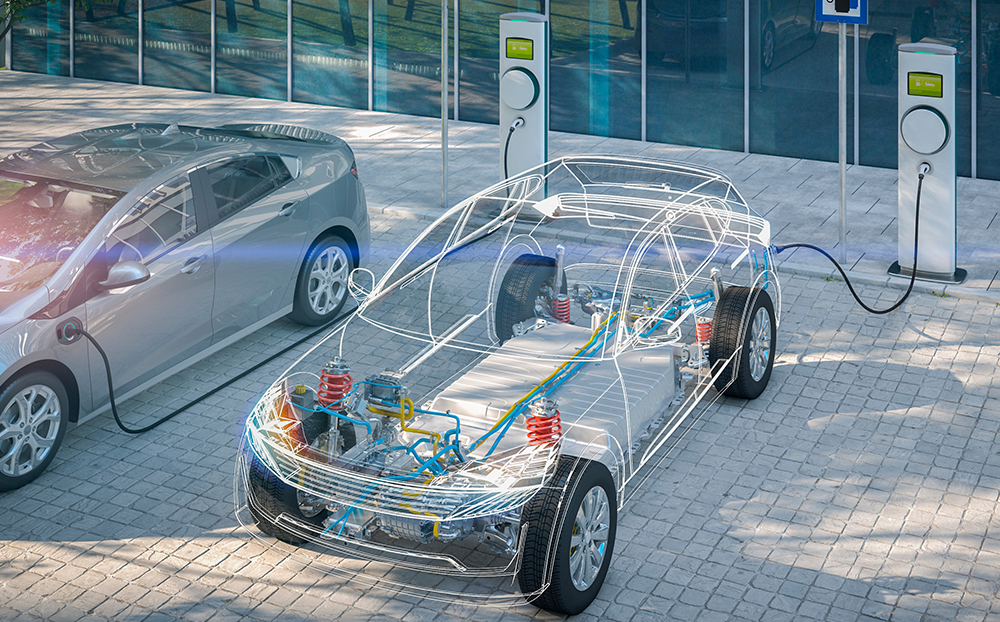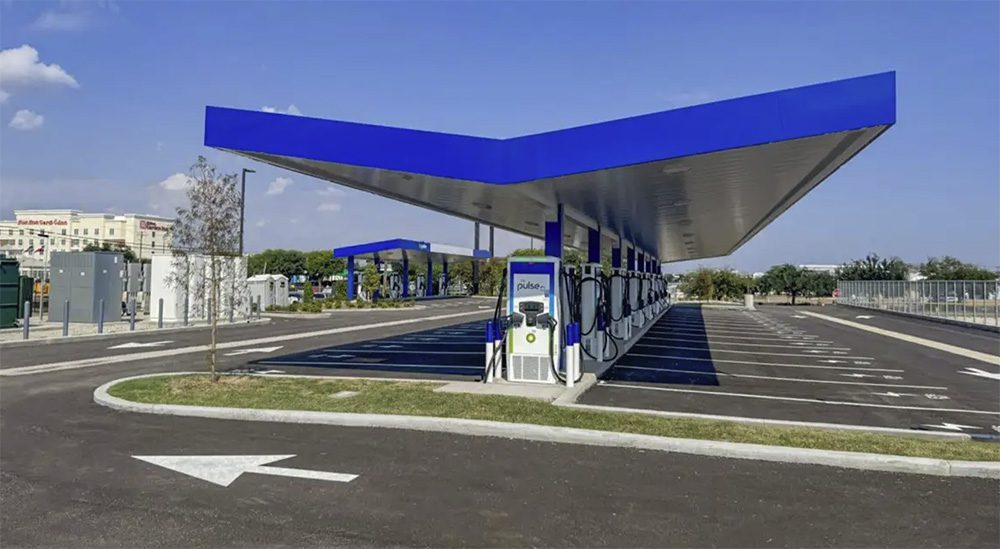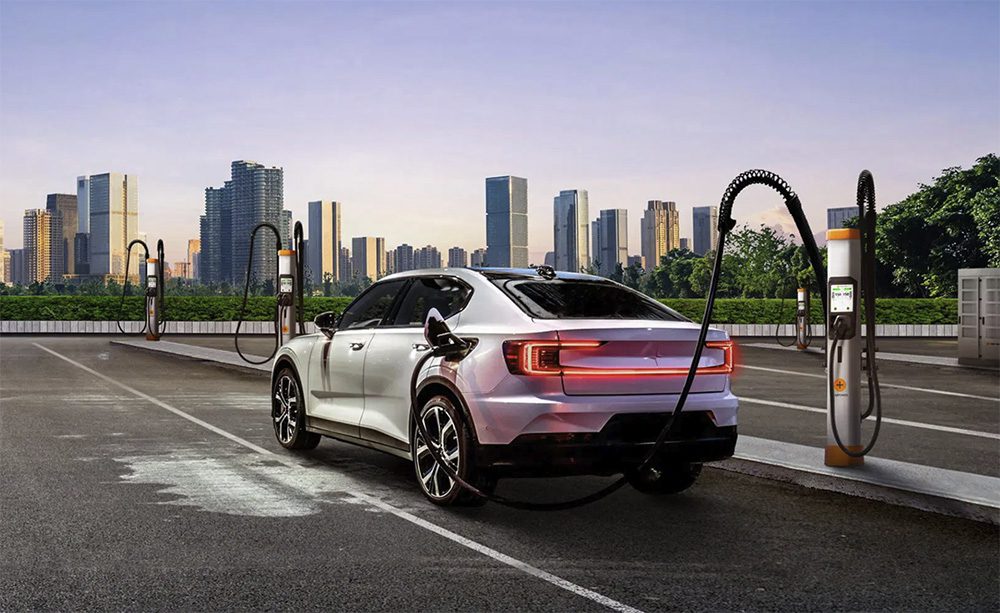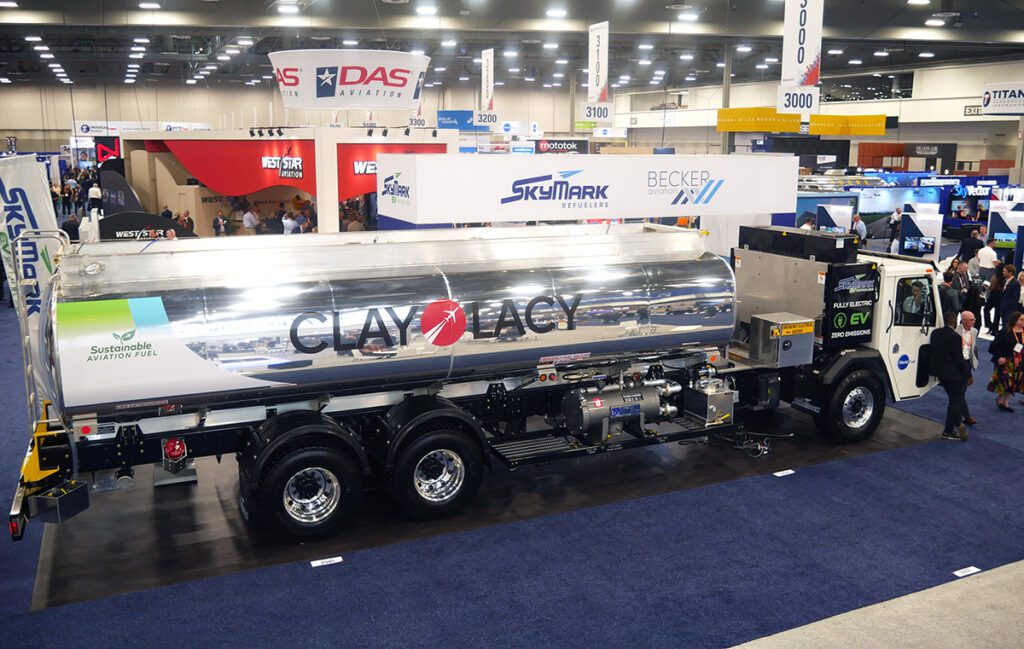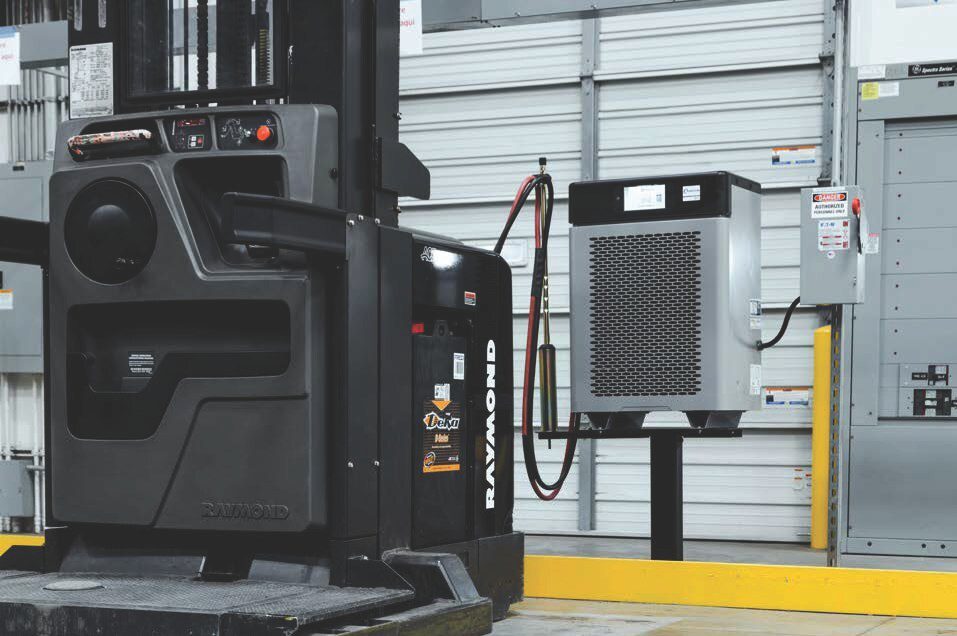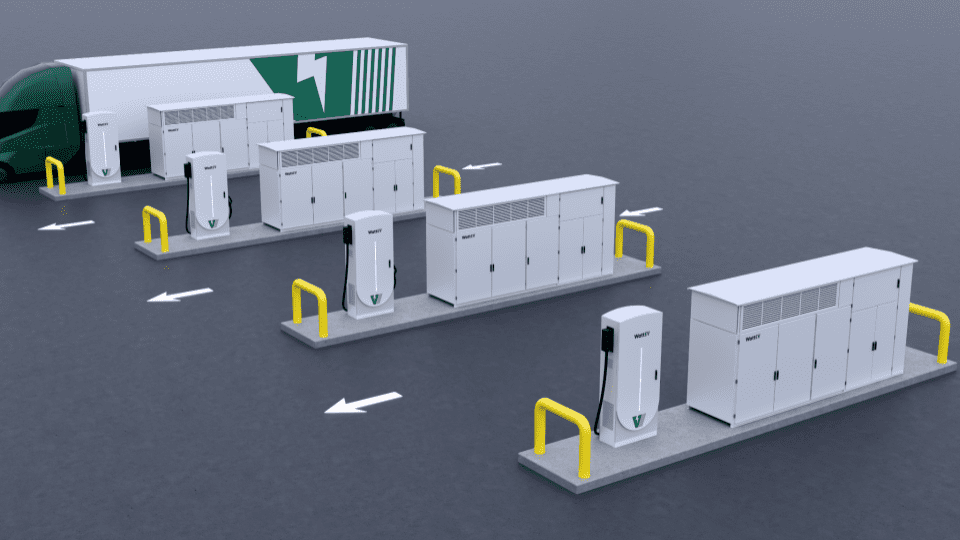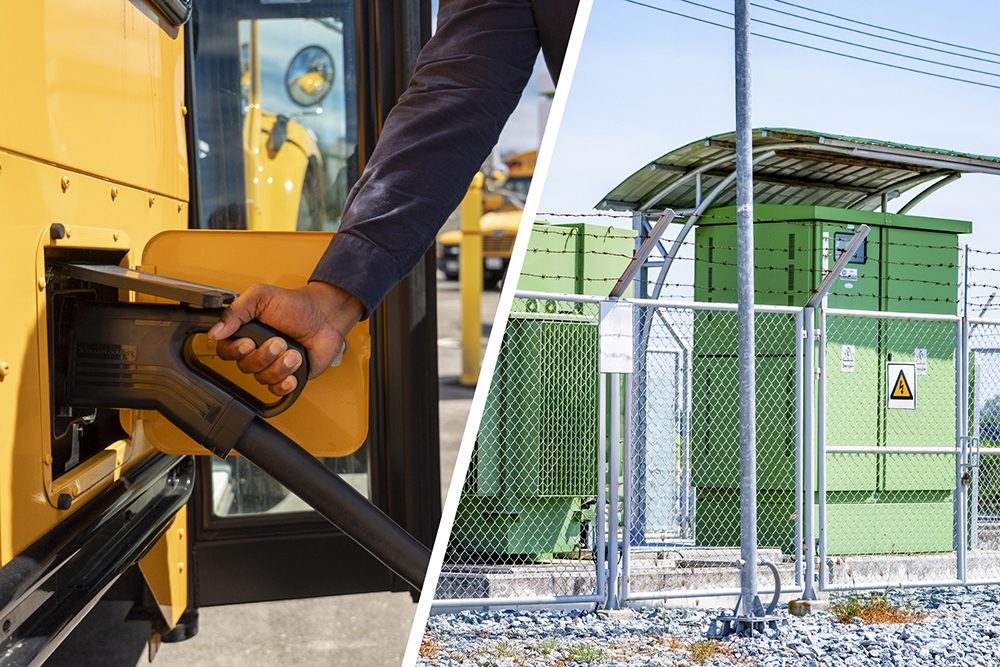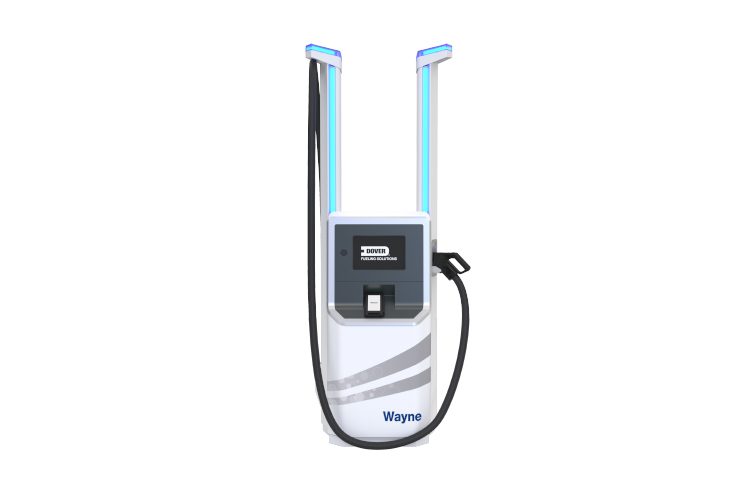Atieva, the stealthy EV startup with Chinese financing and a number of Tesla alumni on staff, has changed its name to Lucid Motors, and released some teaser images of its upcoming electric luxury sedan.
The vehicle, code-named Atvus, reportedly features an 87 kWh battery pack and output of over 900 hp. In September, a spokesman said it would have independent front and rear motors, and would do 0-60 in under three seconds. Lucid says it will offer more details by the end of the year, and bring the new EV to market in 2018.
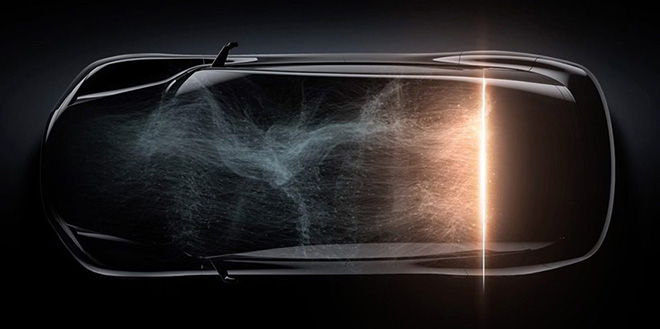
In July, Atieva demonstrated a converted van called Edna that seemed to be a test vehicle for the powertrain that will be used in the upcoming sedan. The boxy little van beat a Ferrari and a Model S on the drag strip.
Lucid’s flashy web site offers no technical details, but does hint at some advanced autonomy features: “Our vehicles will feature automated driving systems, natural voice interactions, and intuitive user interfaces.”
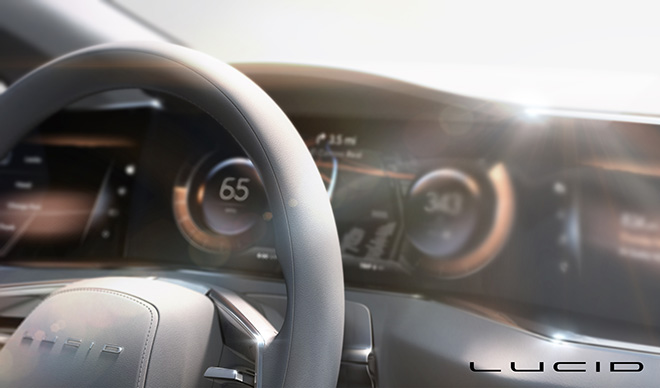
Lucid’s CTO and head of its vehicle program is former Tesla VP and Model S Chief Engineer Peter Rawlinson.
The company has two development facilities in Silicon Valley, and says that it is closing in on a location for a factory that will have a capacity of around 20,000 units per year, eventually ramping up to 130,000.
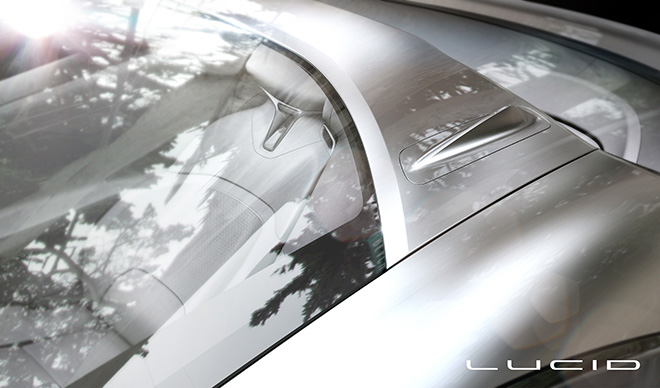
Much about the company remains mysterious. It was founded in 2007, and initially produced battery packs for electric buses in China. In 2014, two Chinese firms, state-owned carmaker BAIC and tech manufacturer LeEco, invested around $100 million for a 50 percent stake. Shortly thereafter, LeEco announced plans to develop its own EV, and its billionaire owner Jia Yueting also invested in a third EV startup, Faraday Future.
The exact relationship among the three companies is anybody’s guess at this point, but observers believe that they will share some core technologies. If Jia’s vision comes to full fruition, the three EV-makers could be producing 670,000 cars annually within a few years, surpassing Tesla’s planned production of 500,000 Model 3 sedans.









